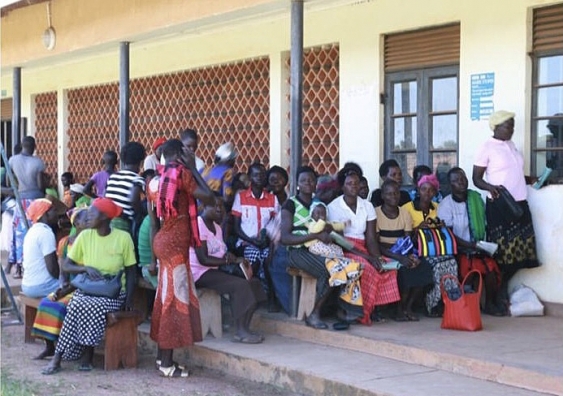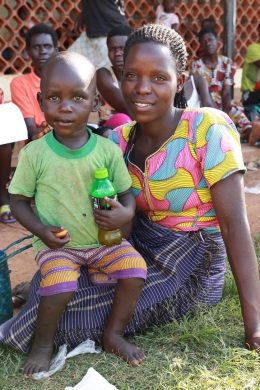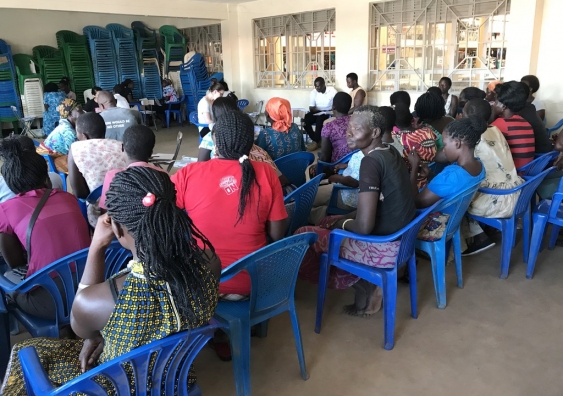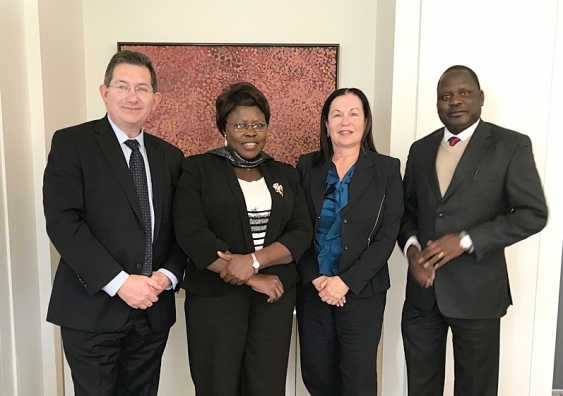Ugandan women benefit as health program enters fourth year
A tripartite health program developed by UNSW Sydney, Gulu University and the Ugandan Health Ministry has enabled more than 1500 women in Northern Uganda to be screened for cervical and breast cancer.





